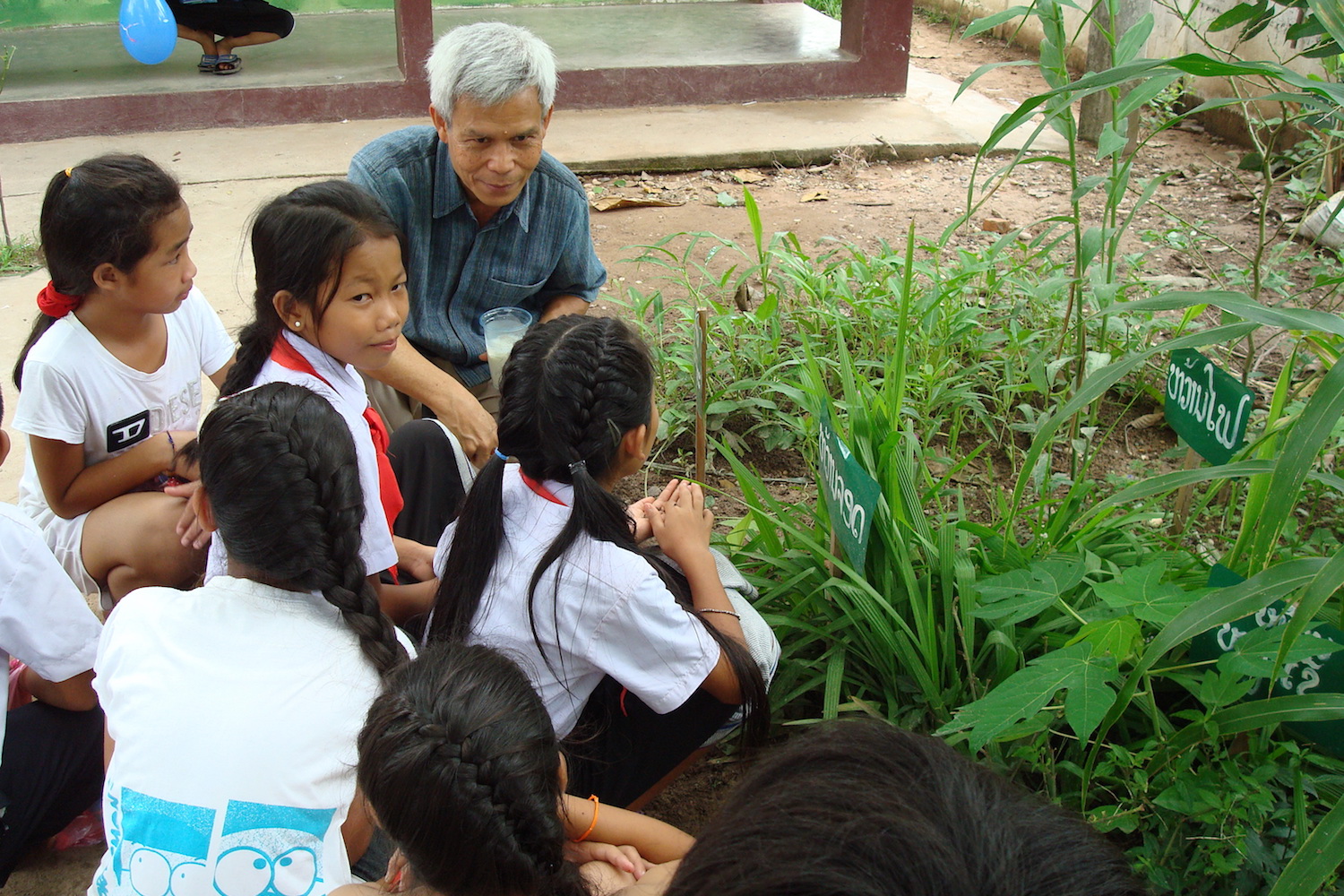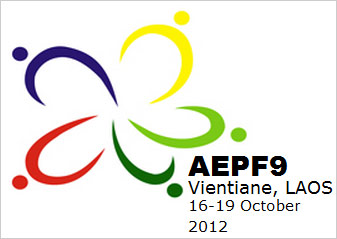New opportunities await the new EU leaders to raise Sombath’s case and those of other enforced disappearance victims worldwide…
…we need to see strengthened EU and member state commitment to prevent and respond to enforced disappearances under the action plan on human rights. Until Sombath is safely returned, pervasive impunity will impact not only his family but all of Laos’ civil society.
From “Making the disappeared visible: The EU and the enforced disappearance of Sombath Somphone,” in New Europe, 31 August 2014.
The first objective of the 1.8 million Euro project European Instrument for Democracy and Human Rights currently being prepared is:
Support to Human Rights and Human Rights Defenders in situations where they are most at risk.
Will this important effort include significant action on enforced disappearance or Sombath Somphone?








